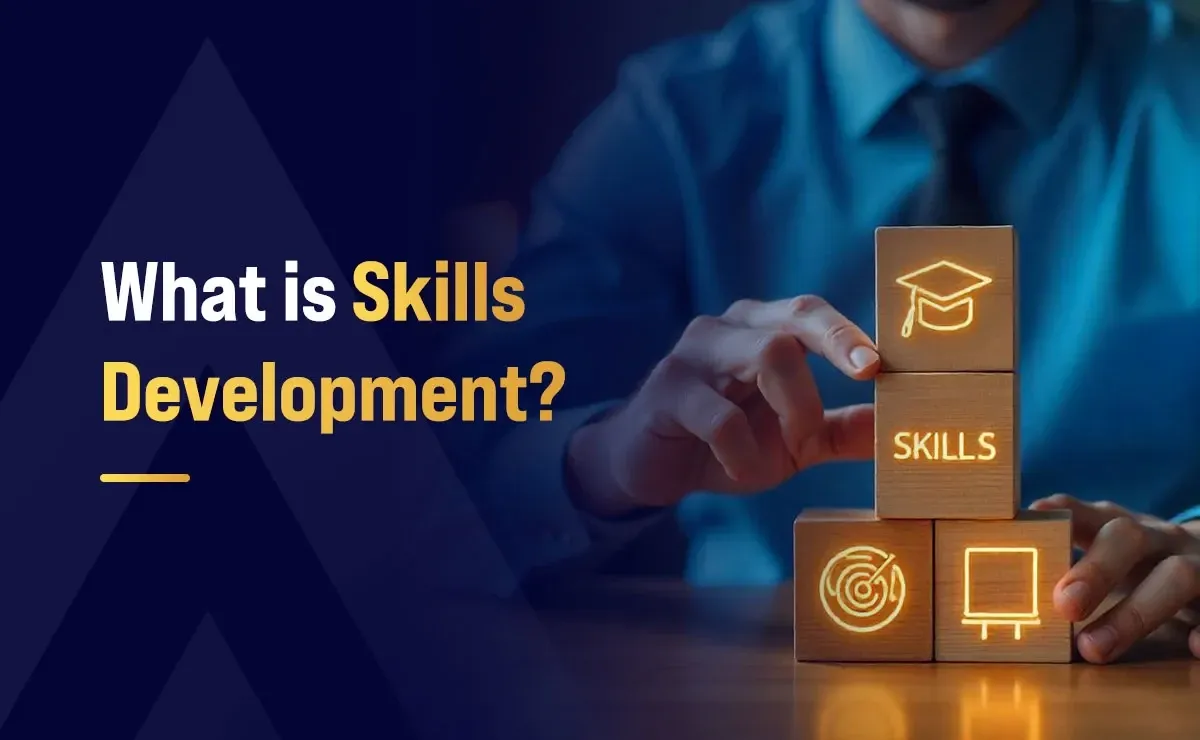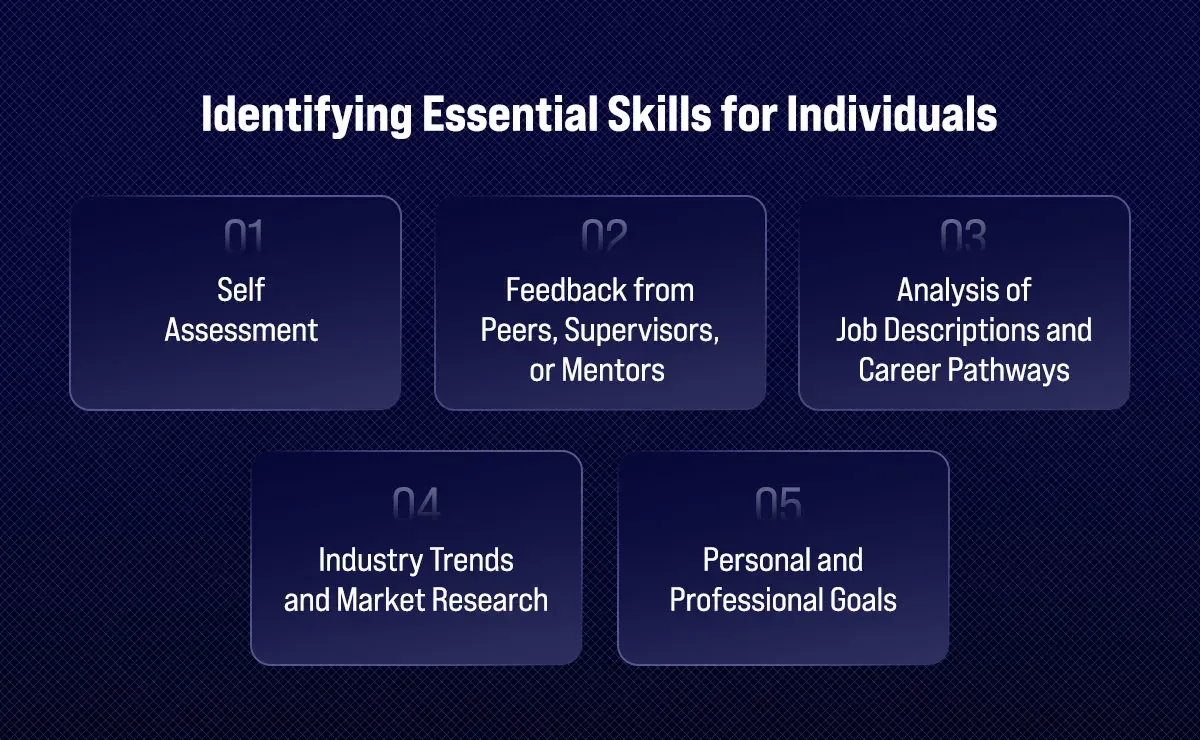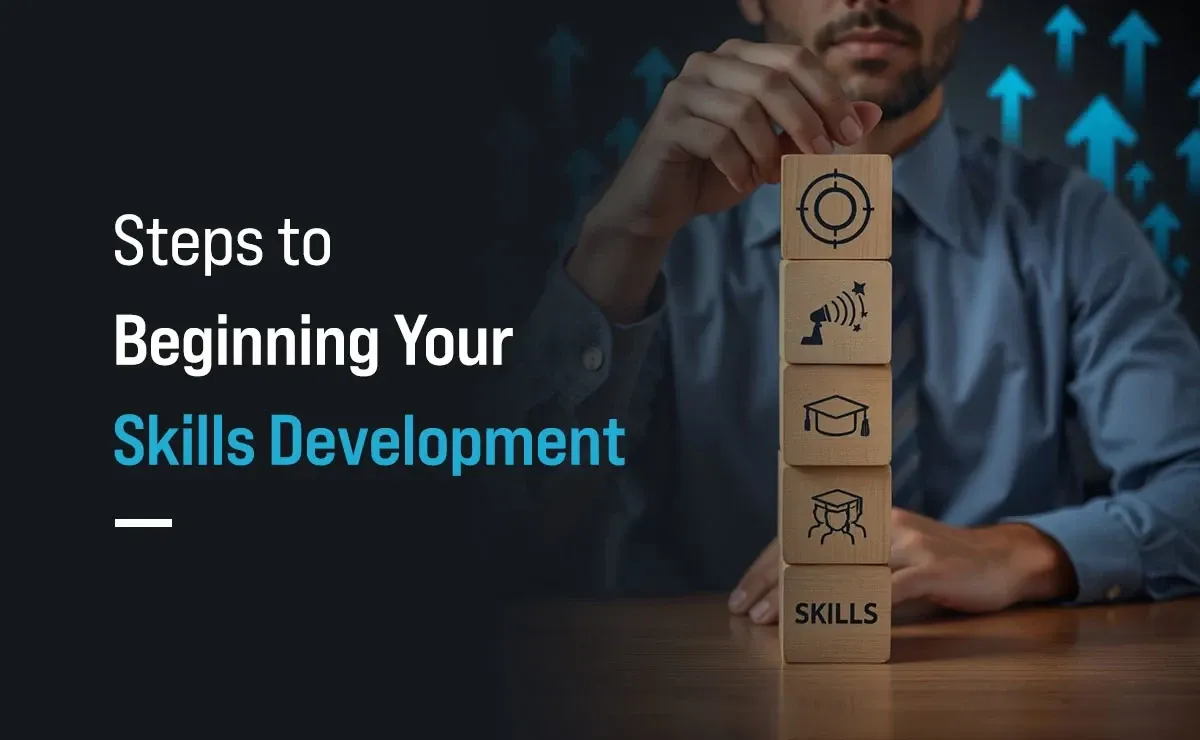What is Skills Development?

Skills development is the deliberate, ongoing process of acquiring new abilities, enhancing existing competencies, and adapting skill sets to meet both current job requirements and future challenges. In a rapidly evolving business environment underpinned by advances in artificial intelligence, automation, and digital tools, the skills that propelled success five years ago may be insufficient tomorrow.
Organizations and individuals alike must therefore commit to continuous learning, reskilling, and upskilling to remain competitive, innovative, and relevant. This article delves into the essence of skills development, offering insights into identifying necessary skills, effective development methods, and actionable steps to embark on your skills enhancement journey.
Defining Skills Development
At its core, skills development involves three interrelated dimensions:
- Acquisition: Learning entirely new capabilities (e.g., picking up a programming language or mastering a new design software suite).
- Improvement: Enhancing existing skills to become more proficient (e.g., moving from beginner-level data analyst in Excel to intermediate or advanced).
- Adaptation: Adjusting or broadening skills in response to changing contexts (e.g., taking existing project management skills and reframing them for remote or cross-cultural teams).
Skills fall into two broad categories:
- Technical (Hard) Skills: Concrete, teachable abilities such as coding, data analysis, graphic design, financial modeling, or operating machinery.
- Soft Skills: Interpersonal and cognitive abilities that determine how effectively someone interacts, communicates, leads, and solves problems. Examples include communication, teamwork, leadership, critical thinking, creativity, and emotional intelligence.
An effective skills development strategy addresses both dimensions, because in most roles today, technical prowess alone is not enough. Employers often seek individuals who combine discipline-specific expertise with strong collaboration, adaptability, and problem-solving abilities.
Identifying Essential Skills for Individuals
Before launching training programs or workshops, individuals (and organizations guiding them) must pinpoint which skills warrant focus. The process might include:

Self-Assessment
- Conduct a candid inventory of your current abilities where you will list technical proficiencies (e.g., “Intermediate Python,” “Basic machine-learning knowledge,” “Solid copywriting skills”) as well as soft skills (e.g., “Collaborative team member,” “Comfortable public speaker”).
- Rate your current proficiency on a simple scale (for example, 1 to 5, where 1 = beginner and 5 = expert). Identify gaps between where you are and where you’d like to be.
Feedback from Peers, Supervisors, or Mentors
- Seek input from peers or mentors to evaluate your capabilities and growth opportunities. Supervisors can often highlight blind spots you might miss.
- Some organizations conduct 360-degree reviews, which aggregate input from multiple colleagues, giving a holistic perspective.
Analysis of Job Descriptions and Career Pathways
- Examine job postings for roles you aspire to work in. Note the recurring technical tools, certifications, or soft skills required. For example, if most senior data-scientist positions require proficiency in R, Python, SQL, and leadership experience, map these onto your current profile.
- Look at internal career-ladder documents (if available) to see what competencies are expected at each level.
Industry Trends and Market Research
- Investigate emerging technological trends shaping the future of your field. Ask questions like, what specific technologies are emerging (e.g., blockchain, AI, electric-vehicle engineering)? Are regulatory changes requiring new compliance skills?
- Professional associations, industry reports, and reputable news sources can provide insights into evolving skill demands.
Personal and Professional Goals
- Reflect on where you want to be in 1 year, 3 years, or 5 years. If your goal is to move into a product management role, you might need to develop skills in customer research, roadmap planning, and cross-functional leadership. If you want to start your own business, you’ll need market analysis, basic accounting, and negotiation skills.
- Align skill development plans with these overarching goals so that each training effort directly supports a larger career aspiration.
Researching Technological Trends in Your Industry
Once you've identified the skills to develop, employing effective methods is key to successful enhancement:
- Structured Learning: Formal courses or training programs provide organized instruction, expert guidance, and standardized content to build foundational knowledge and validate skills through assessments or certifications.
- On-the-Job Training: Learning by doing real tasks at work allows immediate skill application, reinforcing knowledge through practical experience under supervision in real-world, high-impact scenarios.
- Mentorship and Coaching: Personalized guidance from experienced mentors helps clarify goals, identify blind spots, and accelerate learning through shared experiences, feedback, and targeted developmental advice.
- Self-Directed Learning: Independently exploring books, videos, or online resources encourages flexible, personalized learning—ideal for self-motivated individuals who prefer learning at their own pace and schedule.
- Networking: Interacting with peers, mentors, and industry professionals exposes you to fresh ideas, feedback, and opportunities to exchange knowledge, boosting both technical and interpersonal skills.
- Volunteering: Taking on volunteer roles can provide hands-on experience and the chance to develop skills in real-world scenarios.
- Simulation and Role-Playing: Practicing scenarios in controlled settings, like presentations or negotiations, builds confidence, enhances decision-making, and sharpens soft skills through repetition and constructive feedback.
Steps to Beginning Your Skills Development
Starting your skills development journey requires more than good intentions—it demands clarity, structure, and commitment. Whether you're aiming for career growth, role transition, or personal improvement, these steps will guide you toward meaningful, sustained progress.

Step 1: Think About Your Goals
Start by identifying your long-term career aspirations and personal development objectives. Clarifying your goals helps you prioritize which skills are most relevant, align learning with your ambitions, and stay motivated. Clear objectives, whether for advancement or transition, give focus and motivation to skill-building efforts.
Step 2: Identify Your Skills Gap
Evaluate your current abilities against the skills required for your desired role or industry. Use self-assessments, job descriptions, and performance feedback to pinpoint knowledge or competency gaps. Understanding what’s missing allows you to tailor your development plan and focus on the areas that truly need improvement.
Step 3: Target Specific Skill Areas
Once gaps are identified, prioritize key skills to develop such as technical skills, leadership capabilities, or communication abilities. Prioritize developing expertise in select domains at a time to maintain progress without burnout. Targeted learning ensures measurable progress and helps build confidence as you grow your expertise intentionally and effectively.
Step 4: Expand Your Network
Surround yourself with individuals who inspire growth—mentors, peers, and industry professionals. Networking exposes you to new perspectives, best practices, and skill-building opportunities. Engaging with others also increases accountability and provides encouragement, feedback, and insights that accelerate your learning and keep you aligned with industry expectations.
Step 5: Get a Coach
Working with a coach or mentor offers structured, one-on-one support tailored to your goals. Mentors and coaches reveal overlooked weaknesses, offer specialized guidance, and push you toward growth. Their experience can guide you through obstacles, boosting your growth and refining your development strategy.
Step 6: Read and Research
Immerse yourself in authoritative resources like literature, research, and expert insights, to expand your expertise. Tracking sector advancements ensure well-rounded proficiency. Reading enhances critical thinking, exposes you to new ideas, and complements hands-on practice with theoretical foundations.
Step 7: Take Courses and Undergo Training
Enroll in workshops, webinars, or certification programs related to your skill goals. Structured learning offers expert instruction, peer collaboration, and often hands-on activities. This formal approach helps solidify complex concepts and provides tangible credentials that enhance your resume and validate your expertise to employers.
Step 8: Seek Certification
Obtaining accredited qualifications confirms your capabilities and dedication. Credentials often enhance employability in specialized or compliance-driven sectors. Choose programs aligned with your goals, ensuring they are respected in your field and offer measurable benefits to your career progression.
Step 9: Practice
Consistent, deliberate practice is essential for mastery. Apply new skills in real-life scenarios through work, volunteering, or simulations to reinforce learning and build confidence. Practice helps refine techniques, internalize feedback, and overcome challenges. Repeated application of an ability leads to increased fluency and efficiency.
FAQ
Q1. What Are the five Stages of Skill Development?
Ans: Understanding the stages of skill acquisition can help you navigate your development journey.
- Unconscious Incompetence: Ignorance of both the skill and your current inability.
- Conscious Incompetence: You recognize your deficiency and the importance of the skill.
- Conscious Competence: You can perform the skill but require concentration and effort.
- Unconscious Competence: The skill becomes second nature, performed effortlessly.
- Conscious Unconscious Competence: You can teach and adapt to the skill, understanding its nuances deeply.
Summing Up
Skills development is a continuous, lifelong process that empowers individuals to adapt, grow, and thrive in an ever-evolving world. By systematically identifying skill gaps, employing effective development methods, and committing to ongoing learning and practice, you can enhance your capabilities and achieve your personal and professional goals. View continuous learning as a strategic asset for long-term career achievements.





